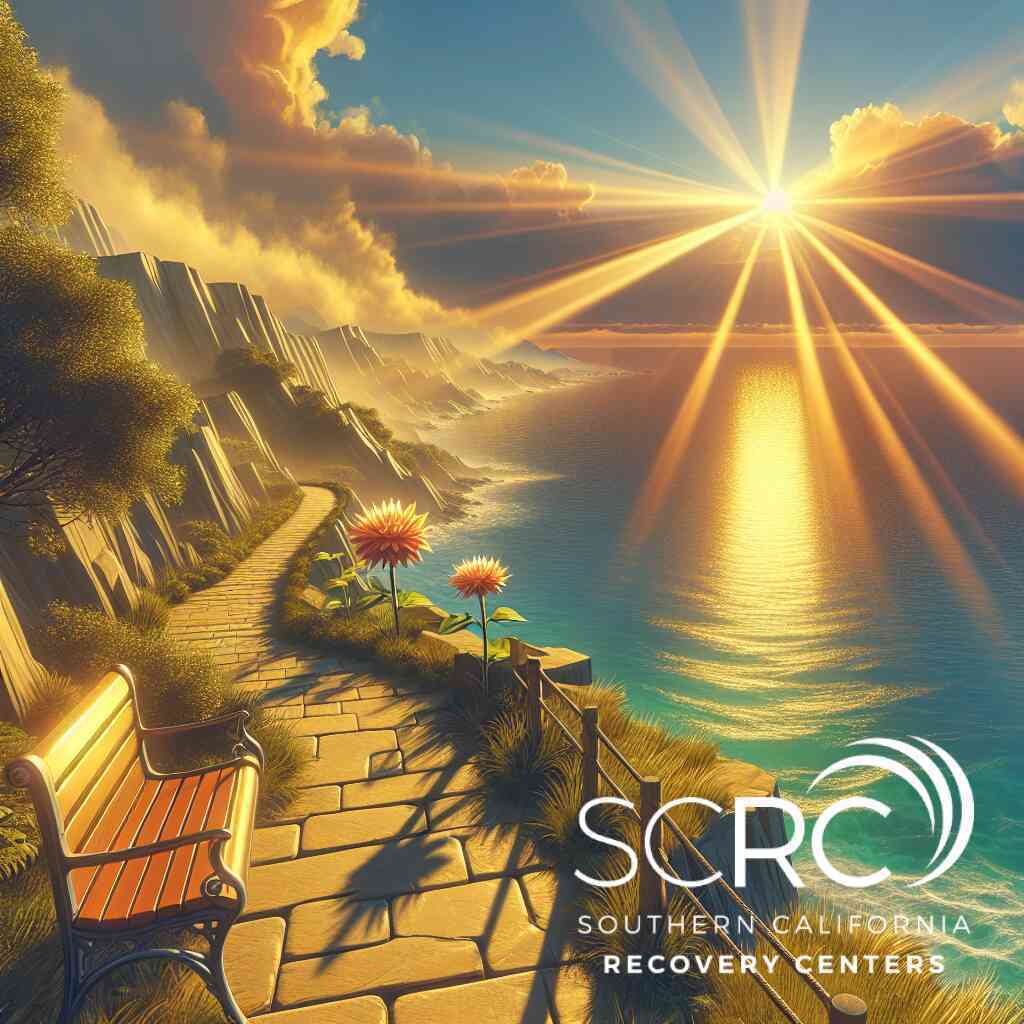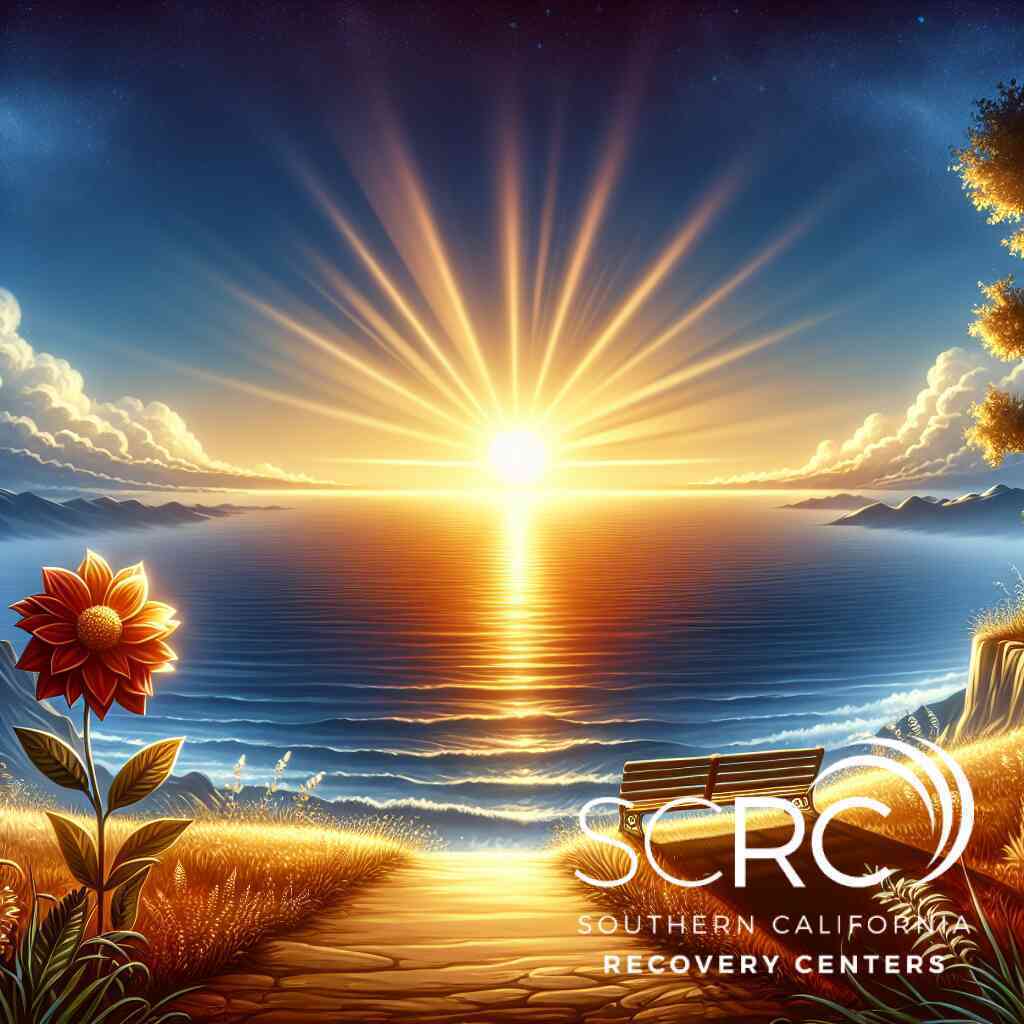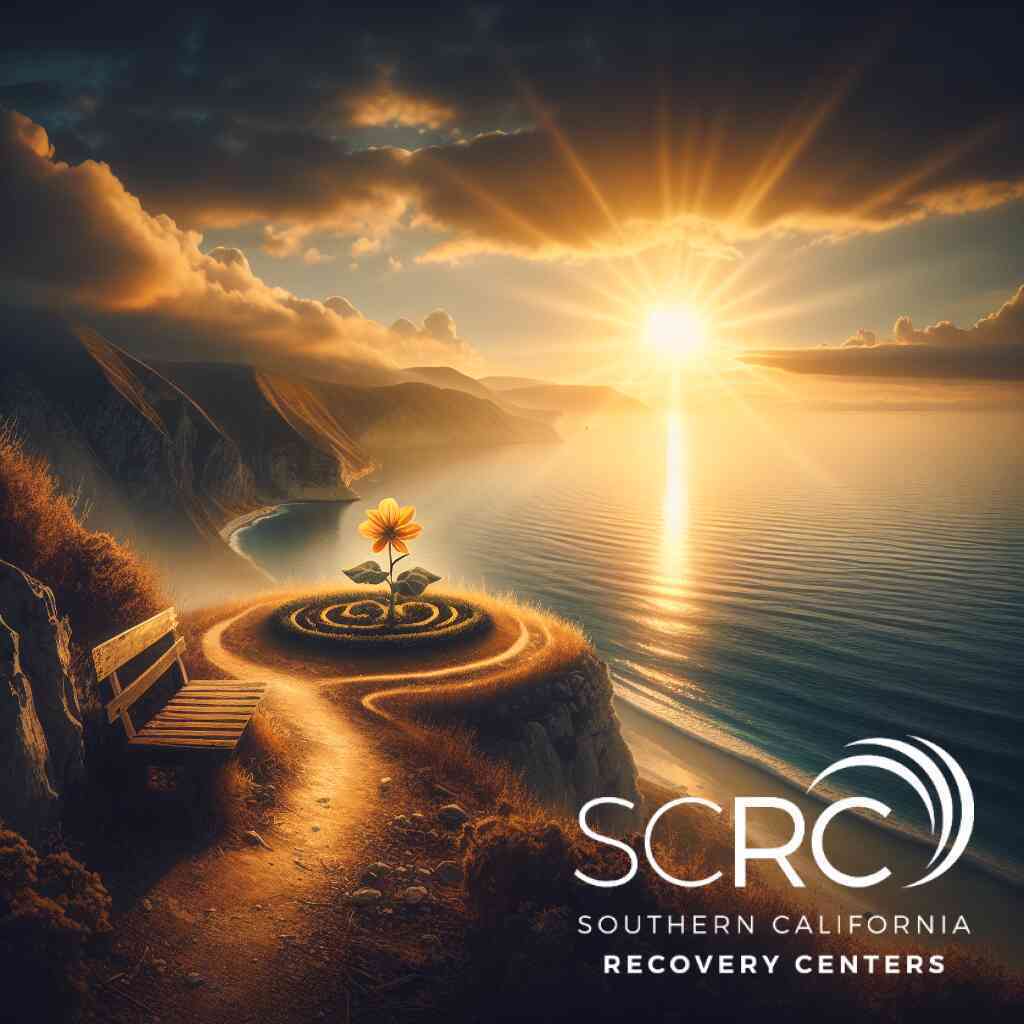Understanding Fentanyl Addiction
What is Fentanyl?
Fentanyl is a potent synthetic opioid that has become notorious both for its medical uses and for its potential for abuse. In the medical field, it’s valued for its ability to relieve pain, especially in cancer patients and during surgeries. However, its potency, approximately 100 times greater than morphine, makes it a dangerous drug when misused. Due to its powerful analgesic properties, fentanyl can elicit feelings of euphoria, leading to an increased risk of addiction. With various street titles like Dance Fever, Jackpot, and Tango & Cash, fentanyl has made a grim name for itself in the opioid crisis, becoming a significant contributor to the wave of overdose deaths across the United States.
How Fentanyl Addiction Develops
Fentanyl addiction can sneak up on individuals, often starting with a legitimate prescription for pain relief. Due to its high potency, the body rapidly becomes tolerant to the dosages, leading individuals to consume more to achieve the desired effects. This tolerance swiftly breeds dependency. In cases where the prescription runs out or is no longer available, individuals might turn to the black market, where fentanyl is frequently mixed with other drugs, raising the addiction and overdose risks exponentially. The cycle of addiction takes hold when individuals continue using fentanyl to avoid painful withdrawal symptoms, driving them deeper into substance misuse.
Recognizing the Signs of Fentanyl Abuse
Spotting fentanyl addiction involves being aware of both the behavioral and physical signs of abuse. Behaviorally, individuals may exhibit altered sleeping patterns, neglect of daily responsibilities, withdrawal from social activities, and an inability to stop using fentanyl despite wanting to. Physically, signs include noticeable euphoria followed by lethargy, weight loss, changes in appetite, and flu-like symptoms during withdrawal periods. Moreover, individuals may have paraphernalia associated with fentanyl use, like patches not prescribed to them or powders in nondescript packaging.
The Impact of Fentanyl on Health and Wellbeing
The consequences of fentanyl addiction extend beyond the immediate physical effects. Long-term abuse can precipitate severe health issues like respiratory distress, gastrointestinal problems, and mental health disorders such as depression and anxiety. Socially, it can lead to strained relationships, financial hardship, legal issues, and a significant decline in quality of life. The ripple effect of addiction can also impact communities and healthcare systems, underscoring the critical need for effective intervention and support services to combat fentanyl misuse and addiction.
By highlighting the gravity of fentanyl addiction and its repercussions, we aim to foster awareness and encourage individuals struggling with dependency to seek professional help. At Southern California Recovery Centers, we offer specialized fentanyl treatment programs designed to address the unique challenges posed by this potent opioid, guiding individuals toward a path of recovery and healing.
Fentanyl Addiction and Its Consequences
Short-Term and Long-Term Effects of Fentanyl Abuse
Fentanyl, a powerful opioid, exerts profound short-term and long-term effects on the body. In the short term, users may experience intense euphoria, pain relief, and sedation; however, these come alongside dangerous side effects like dizziness, nausea, confusion, and significant respiratory depression. Due to its potency, even brief exposure to fentanyl can rapidly lead to addiction. Long-term abuse exacerbates physical harm, leading to chronic health issues such as gastrointestinal distress, weakened immune system response, and potential brain damage due to hypoxia from repeated respiratory depression episodes. Beyond the physical toll, fentanyl addiction devastates mental health, contributing to anxiety, depression, and increased risk of suicide. Recognizing these impacts is crucial for understanding the urgent need for a detoxification program for drug abuse and comprehensive treatment strategies.
The Risk of Fentanyl Overdose
The risk of overdose with fentanyl is alarmingly high, mainly due to its extreme potency and the fact that it is often mixed with other drugs, making dosages unpredictable and dangerous. An overdose can quickly lead to life-threatening symptoms such as severe respiratory depression, stupor, and coma, requiring immediate medical intervention to prevent death. The presence of naloxone, an opioid antagonist, has become a vital tool in reversing fentanyl overdoses. Yet, the key is prevention and early intervention through education and access to substance misuse rehabilitation programs.
Understanding Fentanyl Withdrawal Symptoms
Withdrawal from fentanyl marks a significant hurdle in overcoming addiction, characterized by severe physical and psychological symptoms. These include extreme flu-like symptoms, agitation, insomnia, depression, and intense cravings, commencing within hours of the last dose. The severity of withdrawal often leads to continued use, trapping individuals in a cycle of addiction. Approaching withdrawal with professional support, such as through medication-assisted therapy for addiction, can alleviate symptoms and pave the way for successful recovery, emphasizing the importance of guided detoxification and therapeutic intervention.
The Cycle of Fentanyl Addiction
The cycle of fentanyl addiction encapsulates the relentless pattern of craving, compulsive use, and withdrawal that defines opioid dependency. This cycle is not only driven by the desire to avoid uncomfortable withdrawal symptoms but also by the profound changes in brain chemistry and function caused by prolonged fentanyl use. Breaking free from this cycle requires a comprehensive approach that addresses the physical, psychological, and environmental factors contributing to addiction. This includes leveraging evidence-supported treatment modalities for substance abuse, which can offer the necessary therapeutic and medical support to navigate through detoxification and into long-term recovery.
Approaches to Fentanyl Addiction Treatment
Fentanyl addiction demands multifaceted treatment strategies that address both the physical and psychological components of addiction. Southern California Recovery Centers (SCRC) stands at the forefront of providing comprehensive and empathetic approaches to combat fentanyl addiction, emphasizing personalized care to facilitate lasting recovery.
Detox Program: The First Step Towards Recovery
Detoxification is universally recognized as the crucial initial step in the rehabilitation process for individuals grappling with fentanyl addiction. At SCRC, the detoxification program for drug abuse is designed to safely manage the acute physical symptoms of withdrawal under medical supervision. This phase prepares clients for the following stages of treatment by ensuring that they achieve physical stability, free from the influence of substances. The structured environment of SCRC’s detox program, combined with professional support, makes this challenging stage more manageable, laying a solid foundation for the journey to sobriety.
Medication-Assisted Treatment
Medication-assisted treatment (MAT) is a critical component of the overall treatment strategy for fentanyl addiction. MAT combines FDA-approved medications with counseling and behavioral therapies to treat substance use disorders. These medications can alleviate withdrawal symptoms, reduce cravings, and restore brain chemistry balance, thereby improving the chances of achieving long-term recovery. At SCRC, MAT is tailored to individual needs, ensuring that each person receives the most practical combination of medication and therapy to support their recovery.
Psychological Addiction Support and Counseling
Beyond the physical dependence on fentanyl, addiction profoundly affects an individual’s mental health. Conferring a high importance on mental health, SCRC offers a range of psychological support services, including evidence-supported treatments like Cognitive Behavioral Therapy (CBT), Dialectical Behavior Therapy (DBT), and motivational interviewing. These therapies aim to address underlying behavioral patterns and mental health issues that contribute to addiction, equipping individuals with the skills needed to cope with life’s challenges without resorting to fentanyl use.
Evidence-Based Addiction Treatment Modalities
Evidence-based modalities form the cornerstone of effective fentanyl addiction treatment. At SCRC, a blend of therapeutic approaches, including group therapy, individual counseling, and family therapy, are utilized to address the complexities of addiction. Treatment plans are based on the latest research and clinical guidelines, ensuring that clients receive the most contemporary and efficient care possible. Embracing a holistic approach, these programs aim to heal the mind, body, and spirit, facilitating a comprehensive recovery process.
Why Special has specialized fentanyl treatment Mata
Given fentanyl’s potency and the unique challenges it presents in addiction treatment, specialized programs are essential. SCRC’s focused fentanyl treatment programs go beyond standard protocols to address the specific risks and complexities associated with fentanyl dependence. Customized treatment plans take into consideration the severity of addiction, the presence of co-occurring disorders, and the individual’s circumstances, ensuring a path tailored to their unique recovery needs. Specialized treatment underscores the importance of expert guidance and targeted strategies in navigating the unseen pitfalls of fentanyl addiction, ultimately leading to more effective outcomes and sustainable recovery.
Through these comprehensive treatment approaches, SCRC embodies its commitment to offering hope and healing to those affected by fentanyl addiction. The center’s dedication to advancing treatment methodologies, combined with its compassionate care, underscores its role as a beacon of recovery for individuals seeking freedom from opioid dependency in Southern California.
Rebuilding Lives: Beyond Fentanyl Addiction Treatment
The Role of Recovery Centers in Sustaining Sobriety
Recovery centers play a crucial role in not only breaking the chains of addiction but also in sustaining long-term sobriety. At Southern California Recovery Centers, the journey beyond detox and initial treatment phases centers on building a foundation for a drug-free lifestyle. Through consistent support and access to a network of resources, individuals learn to navigate daily challenges without reverting to substance use. Recovery centers provide a structured environment where former addicts can engage in regular counseling sessions, participate in group meetings, and receive mentorship. These centers are pivotal in fostering a community of individuals committed to sobriety, which significantly boosts morale and encourages continuous recovery progress.
Incorporating Life Skills and Vocational Training
Life skills and vocational training are essential components of a holistic recovery process. Southern California Recovery Centers recognize that overcoming addiction is only part of the battle; preparing individuals for the world outside, equipped with the skills needed for employment and everyday life, is equally important. Programs focusing on resume building, interview preparation, financial literacy, and communication skills empower those in recovery to rebuild their lives with confidence. Additionally, vocational training in various fields opens up new career paths, providing a sense of purpose and direction. By integrating these programs, the center ensures that individuals not only recover from addiction but also thrive in their personal and professional lives.
The Importance of Alumni Programs
Alum programs play a transformative role in the recovery journey, offering ongoing support and a sense of community to individuals who have completed their treatment. These programs encourage graduates to stay connected with the recovery center, fostering a network of mutual support that bolsters resilience against relapse. Through alum meetings, social events, and volunteering opportunities, individuals maintain their commitment to sobriety while inspiring others on their recovery path. Southern California Recovery Centers’ alum program emphasizes the value of shared experiences and challenges in fostering a lifelong commitment to sobriety and wellness.
Creating a Personalized Recovery Plan
A personalized recovery plan is crucial in addressing the unique challenges and needs of each individual. At Southern California Recovery Centers, the process starts with a comprehensive assessment to understand the person’s history, substance use patterns, and personal goals. Based on this evaluation, a customized plan is developed, outlining specific therapies, support mechanisms, and milestones. The plan is dynamic, adapting over time to reflect progress and changing needs. This tailored approach ensures that each person receives the specific care and support they need to navigate the complexities of recovery successfully.
Ongoing Support and Post-Treatment Resources
Long-term recovery from fentanyl addiction requires ongoing support and access to resources even after formal treatment ends. Southern California Recovery Centers maintain a commitment to their clients’ continued success through various post-treatment resources. This includes access to outpatient services, counseling sessions, and support groups dedicated to maintaining sobriety and addressing any challenges that arise. Additionally, connecting clients with community resources such as housing, job placement services, and educational programs further supports their reintegration into society. This comprehensive post-treatment support system is instrumental in preventing relapse and encouraging a fulfilling, substance-free life.
Finding Hope and Healing with Southern California Recovery Centers
Our Comprehensive Approach to Fentanyl Addiction
At Southern California Recovery Centers (SCRC), our experienced team understands the complexities of fentanyl addiction. By addressing the emotional, physical, and psychological aspects of this dependency, we have developed a comprehensive approach aimed at holistic healing and long-term sobriety. Our treatments incorporate the latest in addiction medicine and pharmacotherapy methods for substance dependency, ensuring that each individual receives personalized and effective care. Through a combination of detoxification, therapy, and continuous support, we help individuals navigate the challenging journey from addiction to recovery, focusing on rebuilding their lives with newfound strength and resilience.
The Benefits of Choosing SCRC for Addiction Treatment
Choosing SCRC for addiction treatment opens the door to a highly specialized and supportive environment. Our center is renowned for its serene setting in Southern California, providing a tranquil backdrop conducive to healing and self-reflection. By leveraging evidence-based treatments tailored to each client’s needs, we maximize the likelihood of successful recovery outcomes. Additionally, our commitment to compassionate care ensures that everyone walking through our doors feels valued and understood. The blend of our scenic location, proven treatment modalities, and unwavering support make SCRC an optimal choice for those seeking recovery from fentanyl addiction and other substance use disorders.
How SCRC Supports Veterans, CEOs, and Other Individuals
SCRC prides itself on offering versatile programs that cater to a diverse clientele, including veterans, CEOs, and individuals at various life stages. Recognizing that the impact of addiction transcends occupational and social boundaries, our specialized programs are designed to address the unique challenges faced by these groups. For veterans, we offer trauma-informed care that addresses service-related experiences. For CEOs and professionals, our programs emphasize confidentiality and flexibility, allowing continued engagement with work commitments while in treatment. This inclusive approach underlines our commitment to providing accessible and effective opioid dependency therapy near Southern California, regardless of an individual’s background or career.
Success Stories: Transformations at SCRC
The accurate measure of our success at SCRC lies in the countless lives we’ve transformed. Every graduation from our program is a testament to the courage, determination, and resilience of those who’ve battled addiction. From the veteran facing PTSD-related substance use to the young professional overcoming opioid dependency, our alum stories inspire hope and illustrate the possibility of a new chapter free from addiction. These narratives showcase not only the effectiveness of our individualized treatment plans but also the strength of the community and support that SCRC fosters. Witnessing our clients reclaim their lives and thrive is a profound reminder of the power of comprehensive addiction treatment and the resilience of the human spirit.
At Southern California Recovery Centers, we’re not just treating addiction; we’re empowering individuals to rebuild their lives on a foundation of sobriety, health, and happiness. Our commitment to providing high-quality, compassionate care has made us a beacon of hope for many on their journey to recovery. If you or a loved one is struggling with fentanyl addiction, reach out to us. Together, we can embark on the path to healing and transformation.
Frequently Asked Questions
Question: What does the “What Is the Definition of Fentanyl Addiction?” blog post reveal about the treatment approaches at Southern California Recovery Centers?
Answer: The blog highlights Southern California Recovery Centers’ comprehensive approach to combating fentanyl addiction, emphasizing a combination of detox programs, medication-assisted treatment, psychological support, and counseling. It underscores the center’s dedication to providing targeted strategies and specialized fentanyl treatment programs that address both the physical and psychological components of addiction. By focusing on individualized care and integrating evidence-based treatment modalities, SCRC demonstrates its commitment to guiding individuals toward successful recovery outcomes.
Question: How effective do Southern California Recovery Centers offer the detox program in handling fentanyl withdrawal symptoms?
Answer: The detox program at Southern California Recovery Centers is designed to effectively manage the acute physical symptoms of fentanyl withdrawal under strict medical supervision, thereby assuring safety and comfort for clients. This initial crucial step toward recovery is managed by experienced professionals using the latest addiction medicine and pharmacotherapy methods, ensuring a solid foundation for the following stages of treatment. SCRC’s detox program not only prioritizes physical stability but also prepares clients for a holistic recovery journey, making it a pivotal part of the treatment process.
Question: Can you explain how the medication-assisted treatment (MAT) at SCRC addresses fentanyl addiction?
Answer: Medication-assisted treatment (MAT) at Southern California Recovery Centers is a vital component of the overall strategy for treating fentanyl addiction. MAT employs FDA-approved medications, which work to alleviate withdrawal symptoms, reduce cravings, and normalize brain function. When combined with counseling and behavioral therapies, this approach significantly enhances the prospect of long-term recovery by addressing the comprehensive needs of the individual – physical, psychological, and behavioral. SCRC’s tailored MAT programs harness the collaboration of medication and therapy to provide highly effective addiction treatment and support.
Question: What unique support does SCRC offer to veterans and CEOs struggling with opioid dependency, including fentanyl addiction?
Answer: Southern California Recovery Centers cater to a diverse clientele with unique challenges, such as veterans facing PTSD-related substance use and CEOs requiring confidential and flexible treatment plans. For veterans, SCRC offers trauma-informed care that comprehensively addresses service-related challenges alongside addiction. For CEOs and professionals, the center provides treatment programs that allow clients to maintain their work responsibilities while receiving care, ensuring discretion and minimal disruption to their professional lives. This inclusive and adaptable approach underscores SCRC’s commitment to making effective fentanyl and opioid dependency therapy accessible to individuals across various life stages and professional backgrounds.
Question: How do Southern California Recovery Centers ensure a sustained recovery from fentanyl addiction after treatment?
Answer: Southern California Recovery Centers place a strong emphasis on post-treatment support to safeguard long-term recovery from fentanyl addiction. This includes ongoing access to outpatient services, counseling sessions, support groups, and community resources aimed at reinforcing sobriety. SCRC also incorporates life skills and vocational training into its programs, equipping individuals with the necessary tools for successful reintegration into society. The center’s alum program further contributes to sustained recovery by fostering a supportive community network. These comprehensive measures highlight SCRC’s dedication to each client’s continued success beyond initial treatment.





